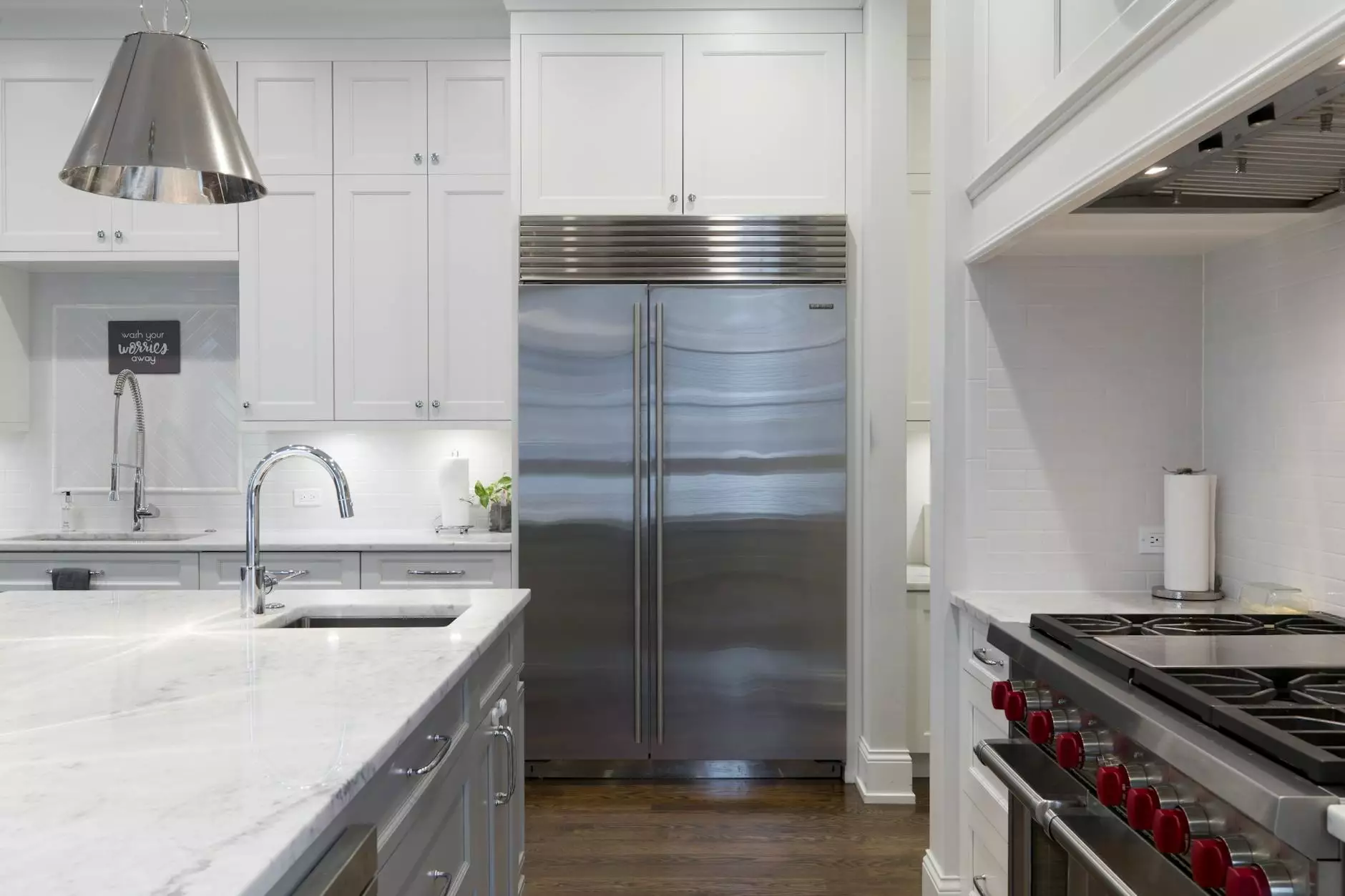Enhancing Accessibility: The Essential Guide to Residential Wheelchair Lifts

Residential wheelchair lifts have revolutionized the way individuals with limited mobility experience their homes. These lifts provide an invaluable solution, allowing the elderly and those with disabilities to navigate between different levels of their living spaces confidently and safely. This comprehensive guide explores the various factors associated with residential wheelchair lifts, their benefits, types, installation considerations, and much more to enhance your understanding and decision-making.
Understanding Residential Wheelchair Lifts
A residential wheelchair lift is a mechanical device designed to carry individuals in a wheelchair or those with mobility impairments safely between two or more vertical areas in a home. Unlike traditional elevators, wheelchair lifts are specifically tailored to meet the needs of those who may require additional assistance due to physical limitations.
Benefits of Residential Wheelchair Lifts
Investing in a residential wheelchair lift comes with a plethora of advantages:
- Improved Accessibility: With a wheelchair lift, navigating multi-level homes or ramps becomes easier, allowing for greater independence.
- Enhanced Safety: Lifts minimize the risk of falls on stairs, a common hazard faced by individuals with mobility issues.
- Increased Property Value: Homes equipped with modern accessibility features can see an appreciation in value, appealing to a broader range of potential buyers.
- Customization Options: Residential wheelchair lifts come in various designs and functionalities, allowing homeowners to choose a lift that fits their specific needs and home aesthetics.
- Peace of Mind: Knowing you have a reliable lift system provides peace of mind for both users and caretakers when navigating the home.
Types of Residential Wheelchair Lifts
When considering a residential wheelchair lift, it is crucial to understand the different types available:
1. Vertical Platform Lifts (VPL)
Vertical platform lifts are the most common type of residential wheelchair lifts. They operate like elevators and can be installed indoors or outdoors. VPLs provide a safe and stable platform for users to enter and exit effortlessly.
2. Inclined Platform Lifts (IPL)
Inclined platform lifts are designed to travel along a staircase. They consist of a platform that is attached to a rail system installed along the staircase. This type of lift is ideal for homes with narrow staircases and is less obtrusive compared to vertical lifts.
3. Portable Wheelchair Lifts
For those who may need mobility assistance in different locations, portable wheelchair lifts offer a flexible and convenient solution. These lifts can be moved and set up in various places, making them versatile for outdoor events or travel.
Choosing the Right Residential Wheelchair Lift
Choosing the right residential wheelchair lift involves considering various factors to ensure it meets your needs:
1. Assess Your Space
Evaluate the layout of your home. Measure staircases or areas where the lift will be installed. Understanding space constraints is crucial for selecting a lift that fits appropriately.
2. Identify User Needs
Consider the specific needs of the user. Are they using a manual wheelchair or a motorized scooter? Understanding these factors will help determine the size and type of lift required.
3. Review Safety Features
Safety is paramount. Look for lifts that come with features such as safety belts, emergency stop buttons, and non-slip surfaces to ensure a secure ride.
4. Consider Installation and Maintenance
Discuss installation options with professional lift installers. Understand the maintenance requirements to ensure the lift operates smoothly over time.
Installation of Residential Wheelchair Lifts
The installation process for residential wheelchair lifts varies based on the type and specific requirements. Here’s a comprehensive overview:
1. Site Assessment
A professional installer should conduct a thorough site assessment to determine the best lift type and location. This includes checking structural integrity and power supply for the lift.
2. Mounting and Construction
Depending on the chosen lift, additional construction may be necessary. For vertical lifts, a landing pad or platform may need to be constructed. For inclined lifts, rails must be securely fixed along the staircase.
3. Electrical Connections
Since most lifts operate with electricity, proper electrical connections must be established, often requiring the expertise of a licensed electrician.
4. Testing
Once installed, the lift should be thoroughly tested to ensure it operates smoothly and safely. Users should also be trained on how to use the lift properly.
Cost Considerations for Residential Wheelchair Lifts
Understanding the costs involved in acquiring a residential wheelchair lift can help with budget planning:
1. Initial Purchase Price
The cost of residential wheelchair lifts can vary significantly based on the type, brand, and features. On average, prices can range from $3,000 to $15,000.
2. Installation Costs
Installation costs generally vary, depending on the complexity of the installation and any additional modifications required. Expect to budget anywhere from $1,000 to $5,000.
3. Maintenance Costs
Regular maintenance is necessary to ensure longevity and safety. Annual maintenance typically costs between $200 and $500.
Regulatory and Code Compliance
When installing a residential wheelchair lift, it is essential to adhere to local building codes and regulations. This may include:
- ADA Compliance: Ensure the lift meets guidelines set forth by the Americans with Disabilities Act.
- Building Codes: Familiarize yourself with your local building codes regarding construction and installation methods.
- Permits: You may need to obtain permits before installation, especially for outdoor lifts.
Conclusion
In conclusion, investing in a residential wheelchair lift is a transformative step towards enhancing mobility and accessibility for individuals with mobility challenges. Understanding the types, benefits, and considerations involved in choosing and installing a lift can greatly influence your decision. Whether you are exploring options for personal care services, home health care, or elder care planning, having a well-suited wheelchair lift can significantly improve quality of life.
For more information and to explore the various systems available, visit Express Ramps, your premier source for residential wheelchair lifts and dedicated support in enhancing accessibility in your home.








